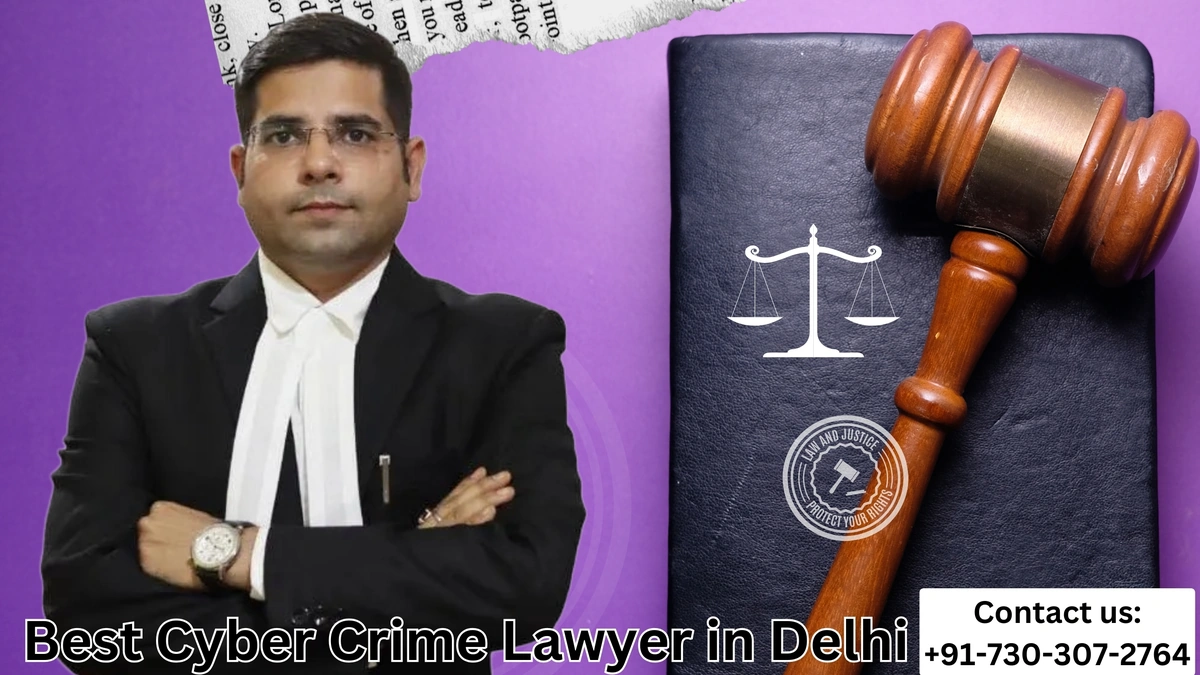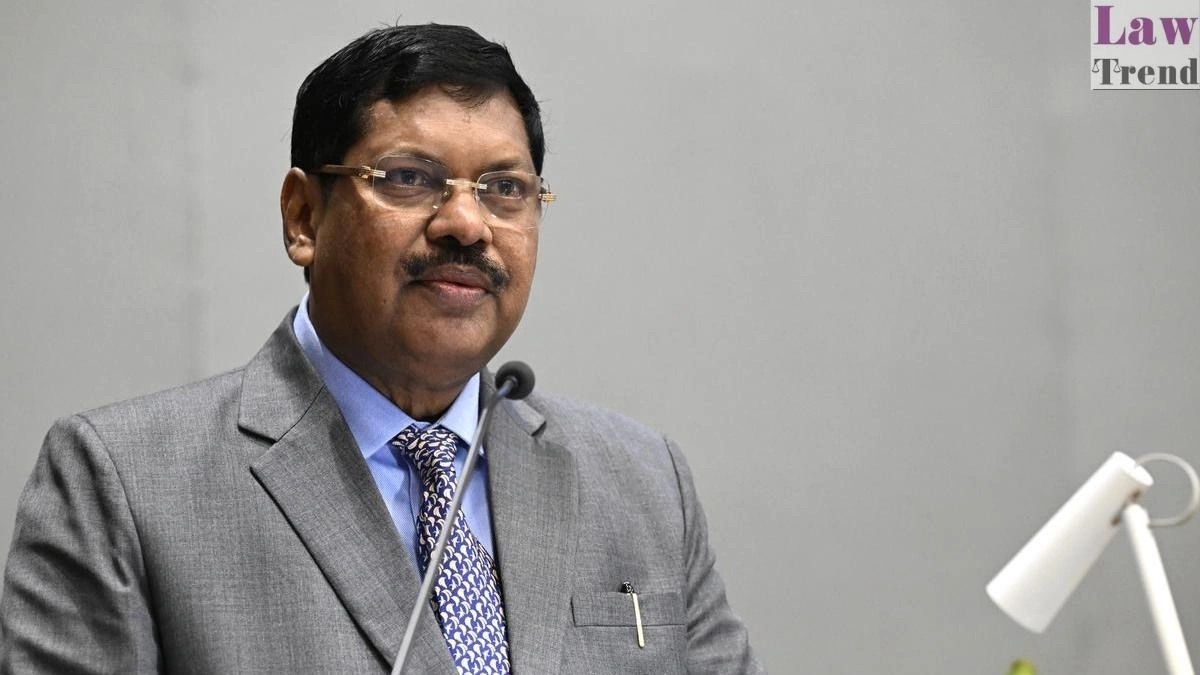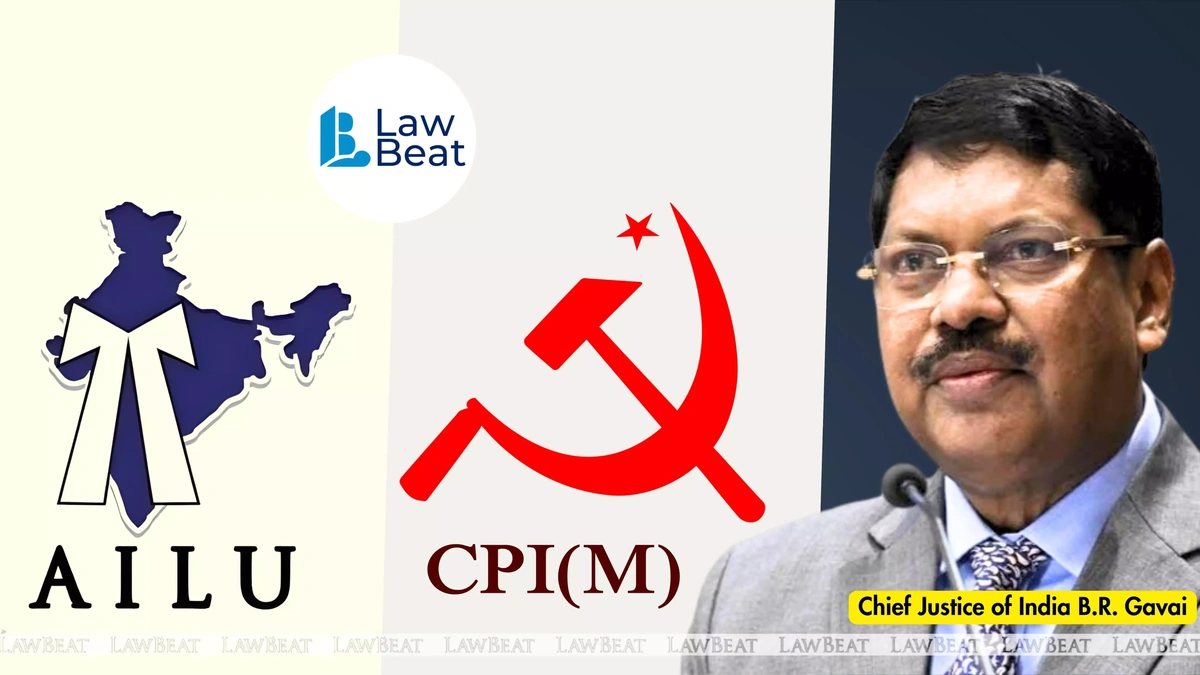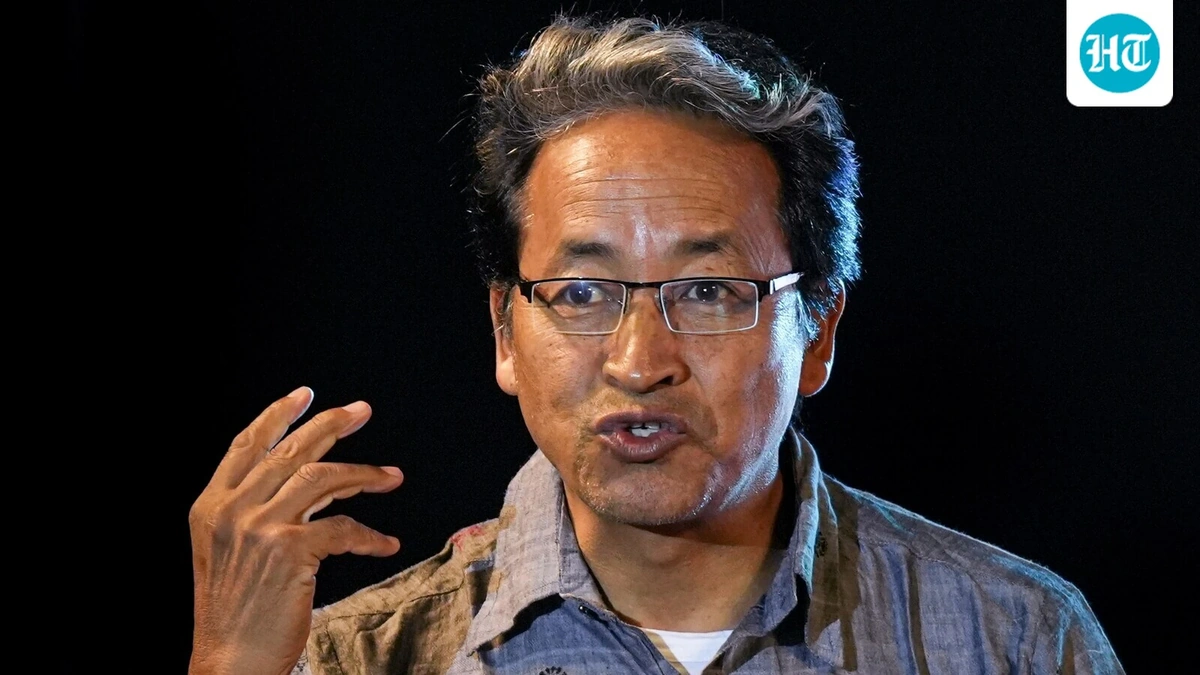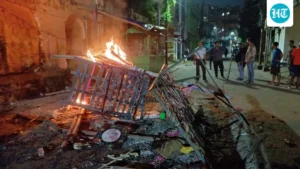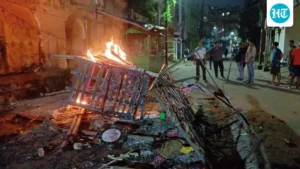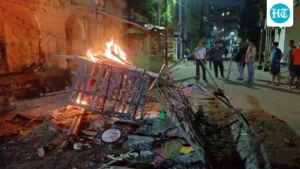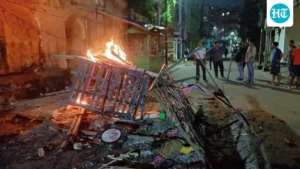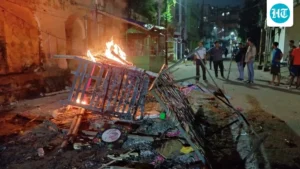Zubeen Garg Case | Assam Lawyers Boycott Accused’s Defense
The courtroom is usually a place of arguments, legal strategy, and, well, lawyers doing lawyer-y things. But sometimes, things get a little…different. Recently, a case involving singer Zubeen Garg took a strange turn when a group of Assam lawyers decided to boycott the defense of the accused. What gives? It’s more than just a simple protest; it’s a statement with deep roots in ethics, public sentiment, and the unique dynamics of Assam’s legal community.
Why This Boycott Matters | More Than Meets the Eye
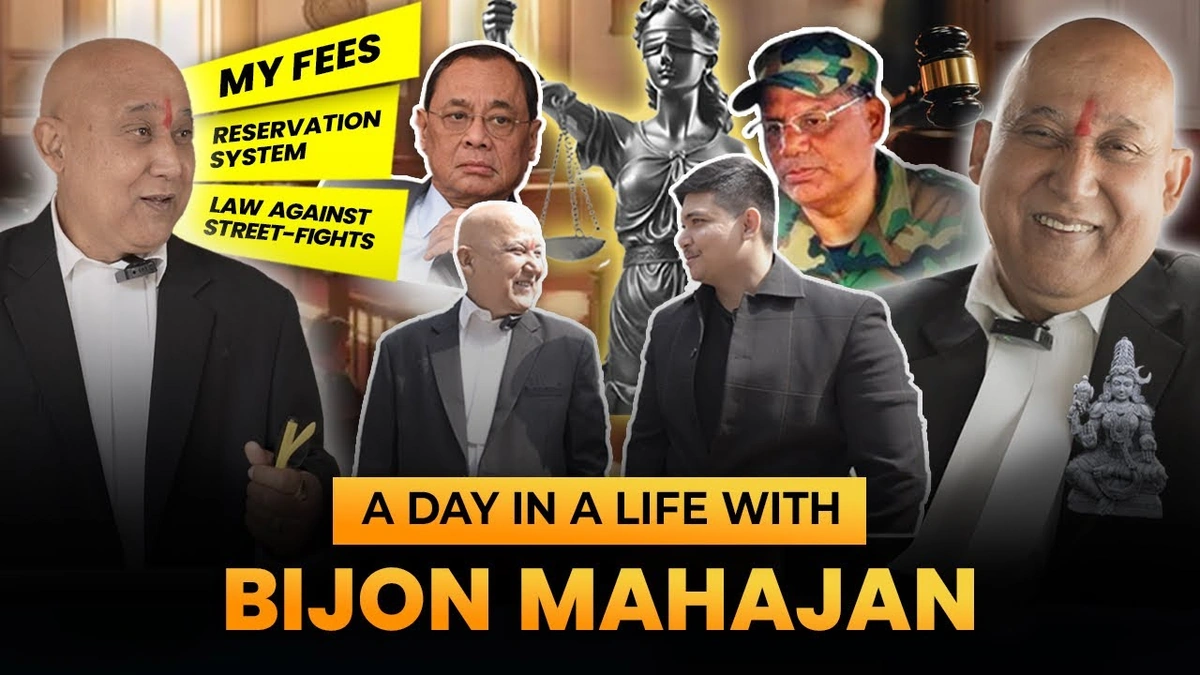
Here’s the thing: boycotts aren’t exactly everyday occurrences in legal proceedings. So, when Assam lawyers collectively decide to withdraw from defending someone, it sends a powerful message. This isn’t just about one specific case; it reflects a broader concern within the legal fraternity. It speaks to a sense of collective responsibility and the delicate balance between upholding the right to defense and maintaining public trust in the legal system. Consider it a form of ethical line-drawing in the sand.
But why this case? What makes the Zubeen Garg situation so different? That’s what we’re here to unpack.
Now, I initially thought this was a simple case of lawyers not wanting to represent someone accused of a heinous crime – totally understandable, right? But the layers go deeper than that. It’s about the relationship between the legal profession and the public it serves, the nuances of justice, and the very public nature of the case involving a beloved regional icon.
The Ethical Tightrope | Defense vs. Public Sentiment
Let’s be honest, being a lawyer isn’t always about defending the innocent. The justice system guarantees everyone the right to legal representation, regardless of the charges. But that right runs smack-dab into the reality of public opinion and personal ethics. Public sentiment is a powerful force in Assam, especially when it involves figures like Zubeen Garg, who is practically a household name. The lawyers boycotting the defense likely weighed the implications of representing someone perceived as being on the wrong side of a popular figure. It is a question of ethics, but also of practicalities – will defending the accused be a career-ender?
Imagine being a lawyer in this situation. On one hand, you have a professional obligation to provide a defense. On the other hand, you have the weight of public opinion and the potential for professional backlash. It’s a tightrope walk, and in this case, many advocates in Assam have chosen to step away.
According to sources within the Guwahati High Court Bar Association, while there’s no official decree enforcing the boycott, there’s a strong sense of solidarity among the lawyers of Assam . This solidarity highlights the deep-seated respect for Zubeen Garg and perhaps a discomfort with being seen as opposing him in any way. This also brings into question the impact of social pressure on the legal profession in smaller, tightly-knit communities. How does the close proximity and interconnectedness of society affect the impartiality of legal representation?
The Zubeen Garg Factor | Celebrity and Public Perception
Here’s what fascinates me: the role of celebrity in all of this. Zubeen Garg isn’t just any singer; he’s an icon in Assam. His music is woven into the cultural fabric of the state. So, any case involving him is bound to attract intense public scrutiny. This is not a case of contempt of court , but a case of respecting a public figure.
What happens when a beloved figure is involved in a legal dispute? The lines between justice and public perception become incredibly blurred. The Assam lawyers association are walking a tightrope.
The boycott, in this context, can be seen as a reflection of this public sentiment. It’s a way for lawyers to align themselves with the popular opinion and avoid being seen as adversarial to a cultural icon. This raises questions about the influence of celebrity culture on legal proceedings and whether it can, in some cases, undermine the principles of impartiality and equal representation. The lawyers must consider the legal ethics involved.
Beyond the Headlines | The Broader Implications for the Indian Legal System
This situation isn’t just an isolated incident. It raises broader questions about the Indian legal system and the pressures faced by legal professionals. How do we ensure that everyone has access to adequate legal representation, even when public sentiment is strongly against them? How do we protect lawyers from potential backlash for taking on unpopular cases? These are questions that go to the heart of the justice system.
And it’s not just about Assam. Similar situations, though perhaps less pronounced, can occur in other parts of India where regional icons or strong community sentiments hold sway. Think about politically charged cases in states with strong regional parties, or cases involving religious figures where emotions run high. The principles at stake here – access to justice, ethical considerations, and the influence of public opinion – are universal.
Moreover, this case highlights the need for a more robust discussion about the role of ethics in the legal profession. While legal ethics are taught in law schools, the practical application of these principles in the face of real-world pressures is often more complex. Perhaps there’s a need for ongoing training and support for lawyers to navigate these ethical dilemmas, especially in emotionally charged cases.
FAQ | Understanding the Nuances of the Boycott
Why did the Assam lawyers choose to boycott the defense?
The boycott is largely driven by ethical considerations, public sentiment surrounding Zubeen Garg, and the potential for professional backlash.
Is this boycott officially sanctioned by the Guwahati High Court Bar Association?
While there’s no official decree, there’s a strong sense of solidarity among the lawyers.
Does this mean the accused won’t have any legal representation?
The accused still has the right to seek legal representation, but finding lawyers willing to take the case may be challenging.
Could this boycott influence the outcome of the case?
It’s possible. The lack of a strong defense could potentially impact the proceedings.
Are there any consequences for lawyers who participate in the boycott?
There are no apparent official consequences, but there could be ethical debates within the legal community.
What message does this send to the public?
It sends a message about the power of public opinion and the importance of ethical considerations within the legal profession. Important factors must be considered.
So, what’s the takeaway? The Zubeen Garg case boycott isn’t just a local news story; it’s a microcosm of larger issues within the Indian legal system. It forces us to confront uncomfortable questions about ethics, public sentiment, and the right to defense. And it reminds us that justice isn’t always black and white – sometimes, it’s a complicated shade of gray influenced by the passions and perceptions of the people.
